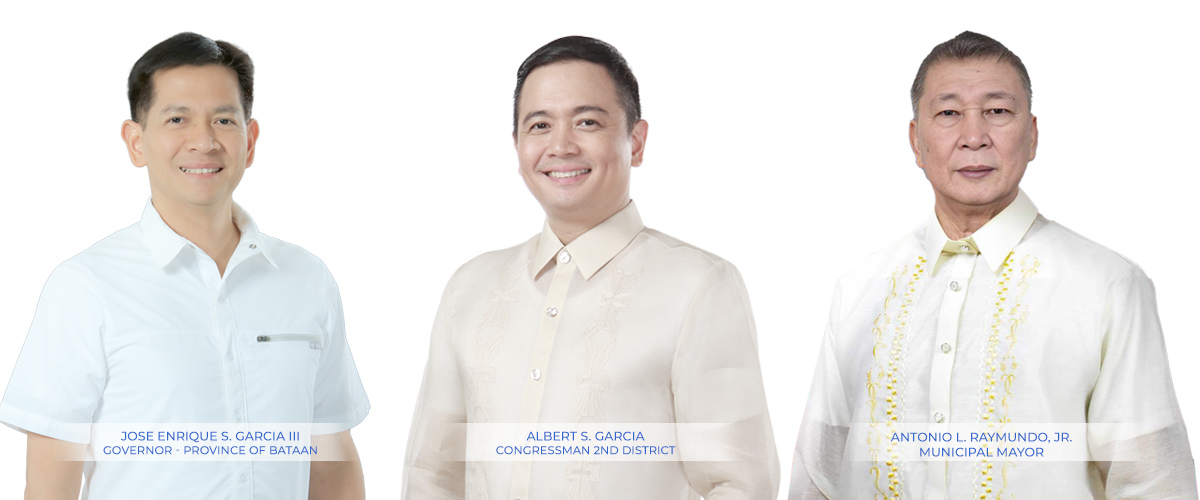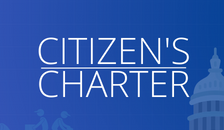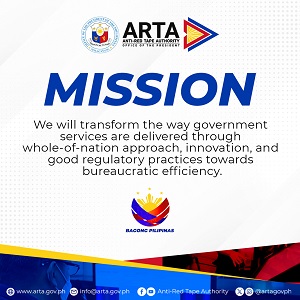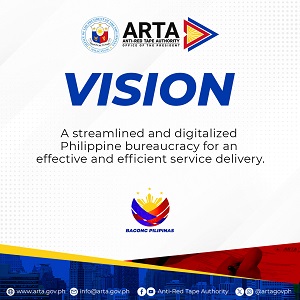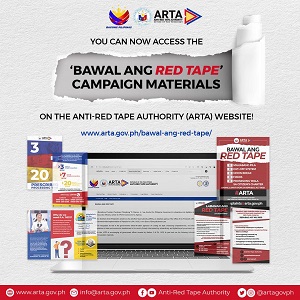Ayon sa PAGASA nasa dangerous level na ang init ang nararamdaman natin ngayong summer, posibleng umakyat pa ito sa extreme danger kung papalo ang heat index ng 50° celcius pataas. Heat Index ang tawag sa init ng panahaon na nadarama ng katawan ng isang tao. Ngayong tag-init ang matagal na pagkabilad sa init ng araw continue reading : Oplan Kontra Init

Guro Ako, Hindi perpekto!
Pangalawang magulang kung ituring ng mga mag-aaral sa loob ng paaralan. Huwaran o modelo ang tawag ng karamihan, hindi sa rampahan bagkus sa kabutihang asal. Kaya naman mataas ang tingin ng iba, kung minsa pa’y perpekto sa paningin nila. Ngunit ang hindi alam ng karamihan, kaming mga guro ay tao din, tao din na nakadarama continue reading : Guro Ako, Hindi perpekto!

Home Visitation: Pagsalba sa mag-aaral
Sa apat (4) na sulok ng silid-aralan ay ang ilang mga kuwento na hindi nakikita ng ating mga mata bilang isang guro. Mga matatamis na ngiti at maskarang pilit na ikinukubli ng mga mag-aaral sa mga tunay nilang nadarama sa kanilang mga emosyon at tunay na kinakaharap sa bawat hamon ng buhay. Bilang guro, maaring continue reading : Home Visitation: Pagsalba sa mag-aaral

THE PRO’S AND CON’S OF CHATGPT
In classrooms across the Philippines, a new assistant has joined the ranks, quietly changing the way students and teachers interact with learning. This assistant goes by the name of CHATGPT, an AI-powered tool that’s stirring up both excitement and curiosity among educators. The advantages it brings are pretty clear. First off, it’s accessible to everyone, continue reading : THE PRO’S AND CON’S OF CHATGPT

Feeling the Heat: How Extreme Weather affects Education in the Philippines
In the Philippines, where sunny days are the norm, extreme heat is messing with something really important: education. Imagine sitting in a classroom feeling like you’re baking in an oven. That’s the reality for many students and teachers as the heat makes it hard to focus and learn. In schools all over the Philippines, extreme continue reading : Feeling the Heat: How Extreme Weather affects Education in the Philippines

Exploring Challenges and Embracing Opportunities in the 21st Century Education
Education in the 21st century has witnessed a great transformation, with technology playing a central role. The integration of technology has changed the way students learn and access information. With the widespread availability of smartphones, tablets, and high-speed internet, virtual classrooms and online learning platforms have become the new norm, effectively enhancing the traditional teaching continue reading : Exploring Challenges and Embracing Opportunities in the 21st Century Education

BEYOND THE BLACKBOARD
Teachers are like the builders of knowledge in our society. They help students learn important stuff and become smart and responsible people. But here’s the problem: many teachers don’t get paid enough for the important work they do. Let’s talk about why they need a raise. First off, education is like the foundation of a continue reading : BEYOND THE BLACKBOARD

Emotional Wellness means Effective Teaching
In the dynamic field of education, where teachers play a pivotal role in shaping young minds, their emotional well-being serves as a fundamental pillar for cultivating a positive classroom atmosphere. Recently, a concerning incident underscored the critical significance of teachers’ emotional health. A secondary school educator, grappling with the daily pressures of teaching, found herself continue reading : Emotional Wellness means Effective Teaching

Adapting to Change: Maneuvering Through the MATATAG
Amidst the ever-evolving educational landscape, the capacity of school stakeholders to adjust to changes becomes increasingly vital. Now, with the inception of the MATATAG Curriculum, this flexibility holds greater significance than ever before. This innovative curriculum, designed to instill resilience and fortitude in students, prioritizes the cultivation of critical thinking, creativity, and indispensable life skills. continue reading : Adapting to Change: Maneuvering Through the MATATAG

Drawbacks of Inclusive Education
In recent years, there has been a significant push towards inclusive education, aiming to integrate students with diverse abilities and backgrounds into mainstream classrooms. While the concept of inclusive education is rooted in noble intentions of promoting diversity and equality, it also brings forth several challenges and negative impacts that cannot be overlooked. This article continue reading : Drawbacks of Inclusive Education

FULL DISCLOSURE REPORTS
ANNUAL BUDGET REPORT
ANNUAL GENDER AND DEVELOPMENT ACCOMPLISHMENT REPORT
ANNUAL PROCUREMENT PLAN
STATEMENT OF INDEBTEDNESS PAYMENTS AND BALANCES
20% OF THE NATIONAL TAX ALLOTMENT UTILIZATION
BID RESULTS ON CIVIL WORKS GOOD AND SERVICES AND CONSULTING SERVICES
LOCAL DISASTER RISK REDUCTION AND MANAGEMENT FUND UTILIZATION
MANPOWER COMPLEMENT
STATEMENT OF RECEIPTS AND EXPENDITURES
TRUST FUND UTILIZATION
QUARTERLY STATEMENT OF CASH FLOW
REPORT OF SPECIAL EDUCATION FUND UTILIZATION
UNLIQUIDATED CASH ADVANCES
SUPPLEMENTAL PROCUREMENT PLAN
PROCUREMENT OPPORTUNITIES
Anti Red Tape
Teacher Corner
Teachers Corner- Oplan Kontra Init
- Guro Ako, Hindi perpekto!
- Home Visitation: Pagsalba sa mag-aaral
- Feeling the Heat: How Extreme Weather affects Education in the Philippines
- Exploring Challenges and Embracing Opportunities in the 21st Century Education
- BEYOND THE BLACKBOARD
- Emotional Wellness means Effective Teaching
- Adapting to Change: Maneuvering Through the MATATAG
- Drawbacks of Inclusive Education
- Why Is It Necessary To Alter School Calendar?
Applicants for Marriage License
Marriage- JOHN NICHOLSON D. PERONA & CHEYSERR Y. CATALAN
- BERNANRD M. ANGELES & CHRISTIANNA MAY C. DELOS REYES
- MARK ANTHONY LINGAD BAGTAS & CIRAM CLAIRE GEDALANGA SERRANO
- MARLON MARAYAN SUDLA & RACHELLE ANN BANTOG CRUZ
- MARVIN B. DUGAN & IRISH ANN D. DE JESUS


